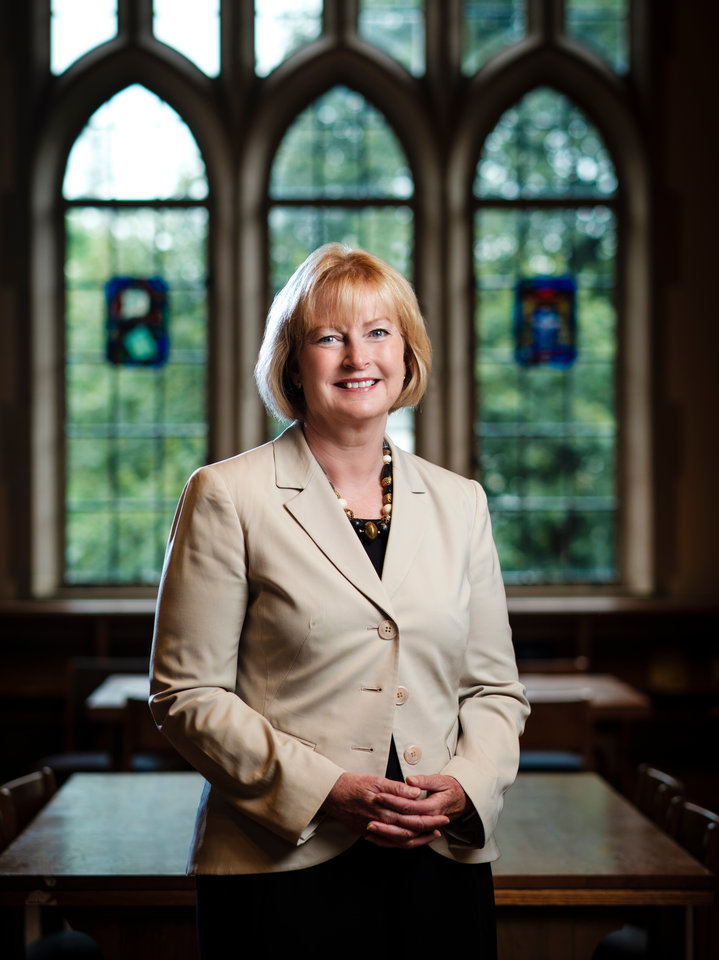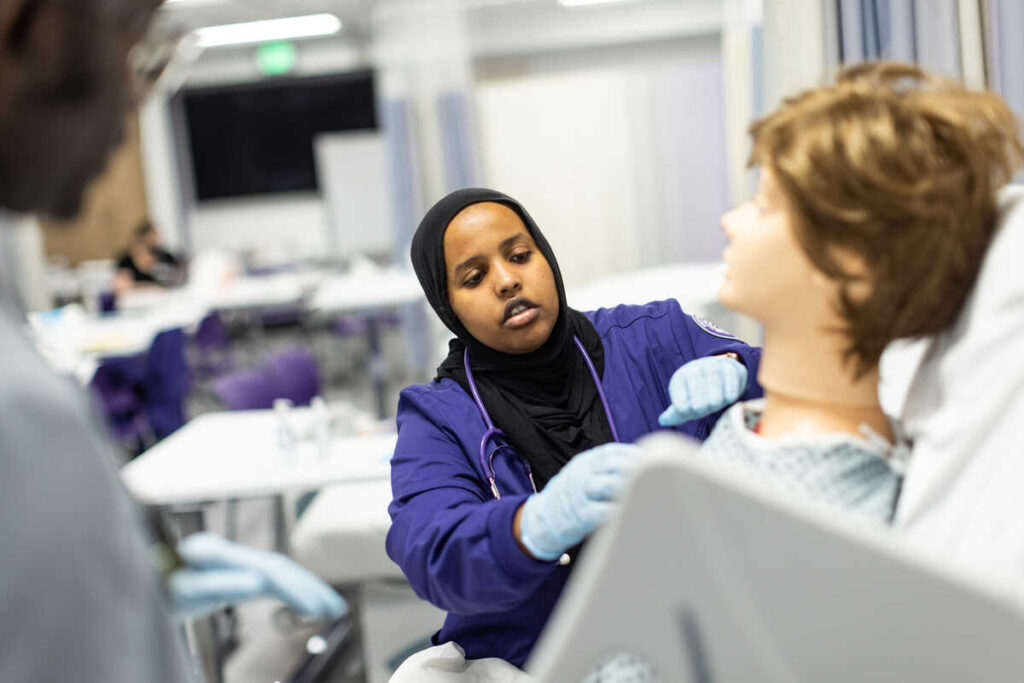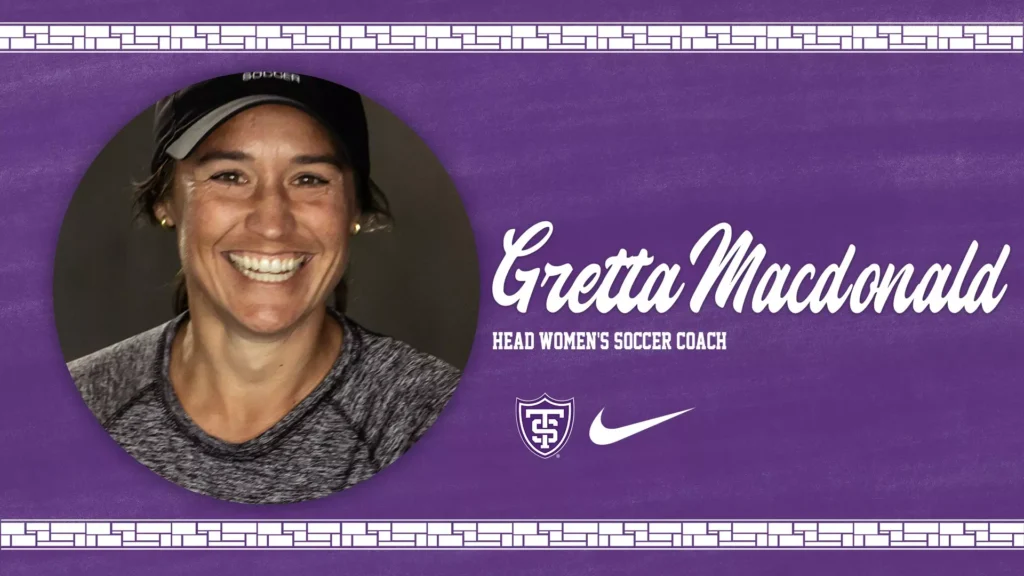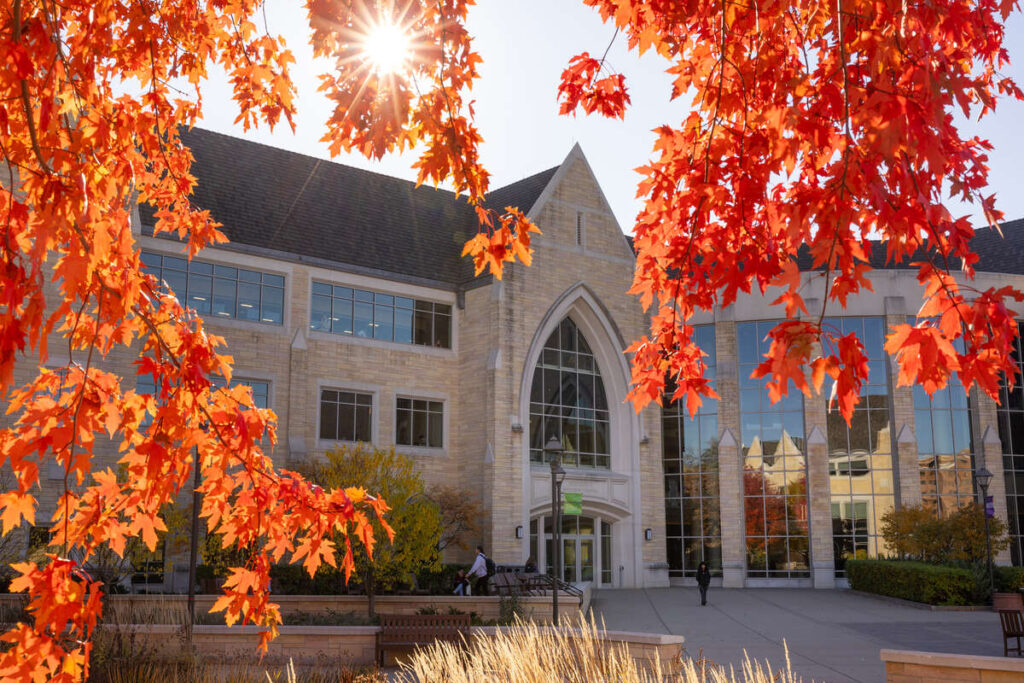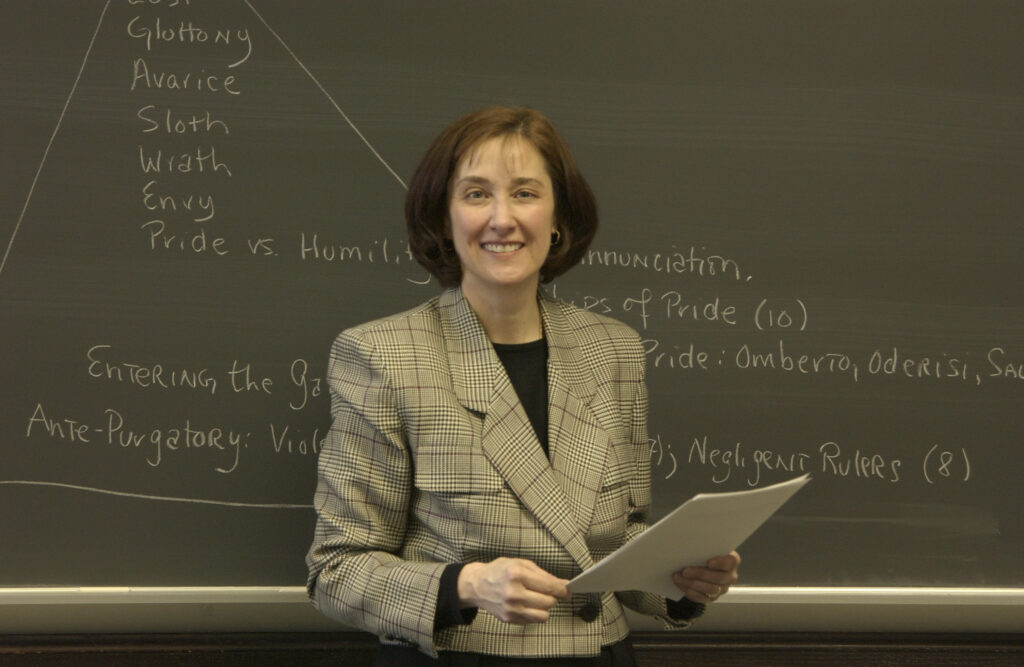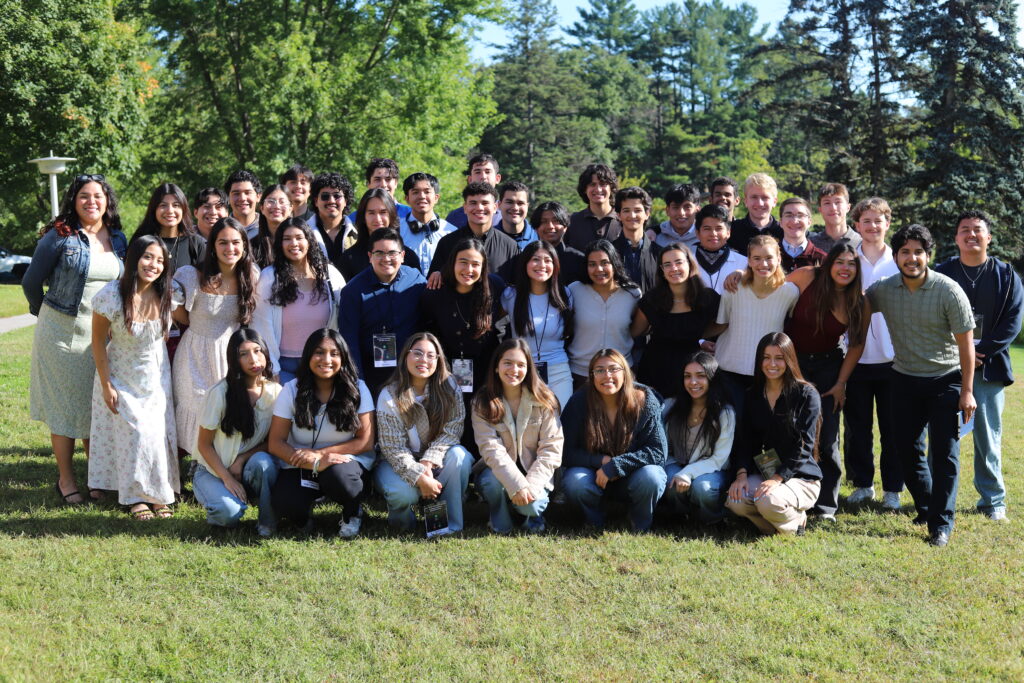"The MBA program was invaluable in that it set the stage for a lot of opportunities ahead." - Mary Brainerd
There are more than a few success stories in which the heroes or heroines begin their journeys in unlikely or surprising ways. Mary Brainerd, ’79 MBA and former CEO of HealthPartners, is one such heroine.
A “purely accidental” philosophy major at the University of Minnesota, Brainerd chose to pursue an MBA at the University of St. Thomas and credits the program for allowing her to “grow professionally in a way I wouldn’t have had without it.”
In June, Brainerd left her CEO helm at HealthPartners, one of the largest health management organizations in the United States. At the time of her retirement it employed 23,000 people and served more than 1.5 million patients. Brainerd was recruited by HealthPartners when it was formed in a merger between the old Group Health and MedCenters in 1992, and during her 15-year tenure as CEO, the company more than doubled in size and more than tripled its revenue – from $1.8 billion in 2002, to $5.7 billion in 2015.
The organization also has grown from having no hospitals to seven, including Regions Hospital in St. Paul and Methodist Hospital in St. Louis Park, and employs around 1,800 doctors.
Finding her calling
Reflecting on her undergraduate years, Brainerd said, “I didn’t have a plan. I was one of those people who was unsure for a long time what path to take. My parents were worried too!”
In 1975, she graduated with a BA in philosophy after taking one philosophy course after another because she found the subject matter in each successive class more interesting. By her senior year, she realized she had met the requirements for the major and “figured it was meant to be.”
As a senior she also landed a summer internship with the Minnesota Department of Health, which would set her on the lifelong course in health care she is known for today. Again, among her reasons for pursuing the job was that “it sounded interesting.”
By summer’s end, Brainerd knew she had found her calling and committed herself to pursuing a career in health care. After graduation, she worked at Teen Age Medical Services in Minneapolis. There, she realized she would need to go back to school if she wanted to grow professionally in the field.
In the St. Thomas MBA program, she honed the skills she would need to take on higher, and eventually executive-level, roles in health care.
“From a business perspective, it became evident that I needed to know how to read and understand a PNL [profit and loss], that I needed to understand economics, finance,” she said. “I would’ve been intimidated by those things otherwise.”
She began to take evening classes at St. Thomas while working in human resources at St. Mary's Hospital, now University of Minnesota Medical Center, during the day. (St. Thomas wasn't unfamiliar to Brainerd: Her mother had been a librarian at the St. Thomas O’Shaughnessy-Frey Library throughout Brainerd’s childhood, and two older brothers had received their undergraduate degrees from here.)
Though she worked with employees in non-nursing areas, the job offered an inside look on how hospitals operate. Paired with her MBA studies, she saw what she was learning in class come to life in her job.
Brainerd’s first leadership role supervising staff came via Blue Cross Blue Shield after she graduated with her MBA. In time, she took responsibility for the organization’s market research and remained with BCBS until she was recruited by HealthPartners.
“The MBA program was invaluable in that it set the stage for a lot of opportunities ahead,” Brainerd said. “The education was not only academically oriented but also was geared to make you successful in your work with its emphasis on understanding case studies and real, day-to-day challenges people face in the work space.”
With retirement, Brainerd plans to continue to serve on the boards of the Bush Foundation, Minnesota Public Radio, Securian Financial Group and Bremer Bank, and take some time off to explore other options.
Looking back on her 15 years leading HealthPartners and the legacy she hopes she has left behind through her actions, Brainerd wants her cultural foundation to endure.
“People might have a building or a facility, but I hope my legacy is my culture and values at HealthPartners,” she said, adding that she didn’t do it by herself. “It takes a huge village to shape a culture that has a strong set of values around compassion, is member centered and has integrity in the way we work.”
